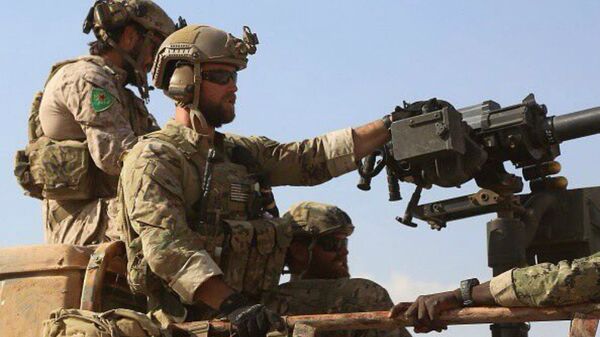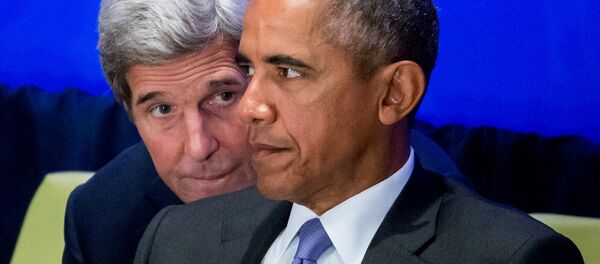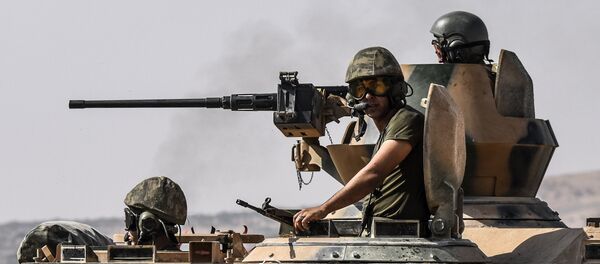Ankara launched its offensive, dubbed Operation Euphrates Shield, on August 24 to ostensibly push Daesh out of the border town of Jarablus and the surrounding areas. The Free Syrian Army backed by Turkish warplanes, tanks, artillery and special forces seized the town largely without any resistance from Daesh. The Turkish troops and the rebels then started fighting US-backed Kurdish militias in areas that have already been liberated from the terrorist group by the Syrian Democratic Forces (SDF).
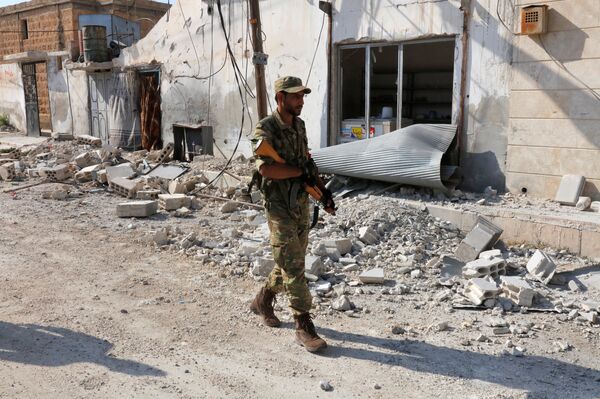
Both Turkey and the SDF, largely made up of fighters from People's Protection Units (YPG), are key US allies in the region.
"The origins of the conflict lie in the fact that the United States has two policies in Syria. Initially the US policy was designed to support the opposition to the Assad regime," Jerusalem-based journalist Seth J. Frantzman wrote for the National Interest.
As part of these efforts, the US was vetting rebel armed groups that could prop up the so-called moderate opposition. Both the CIA and the Pentagon were involved in this process.
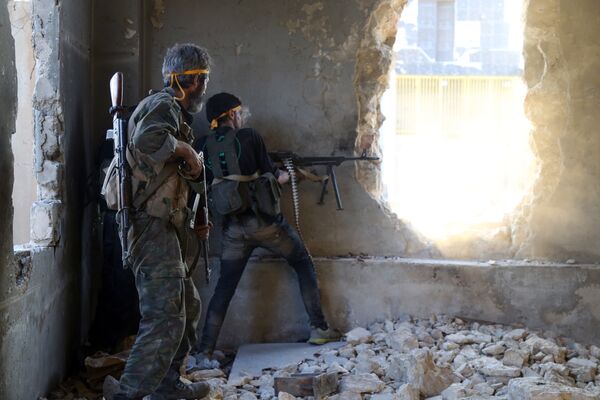
According to Frantzman, the rise of Daesh prompted Washington to shift its focus from trying to depose Assad to counterterrorism.
By late 2015, "Defense Department, CIA and State Department policies began to diverge, and the Defense Department began to see the Kurdish YPG and its effective fight against [Daesh] as the best partner for the anti-[Daesh] coalition forces," he said.
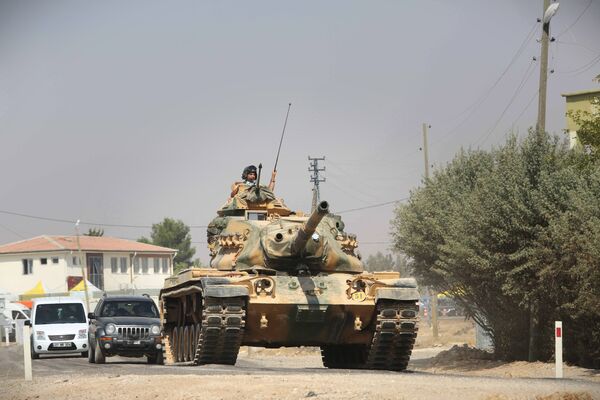
Turkey was not happy with this plan. As Kurdish forces moved further west and closer to the Euphrates, Ankara became increasingly insistent that the river was a red line that the Kurds were not allowed to cross. High-ranking Turkish officials have repeatedly said that if the Kurds decide to move further west, the Turkish military would launch a ground operation to stop them.
On August 12, the SDF took control of Manbij, a city located west of the Euphrates, in an operation that was conducted in close cooperation with the Pentagon. Three days later the Kurdish forces said that the Daesh-held town of al-Bab, situated further to the west, was their next target, adding that the Manbij offensive would continue until the militants are pushed out of surrounding areas.
Two weeks later Ankara sent its Armed Forces to northern Syria.
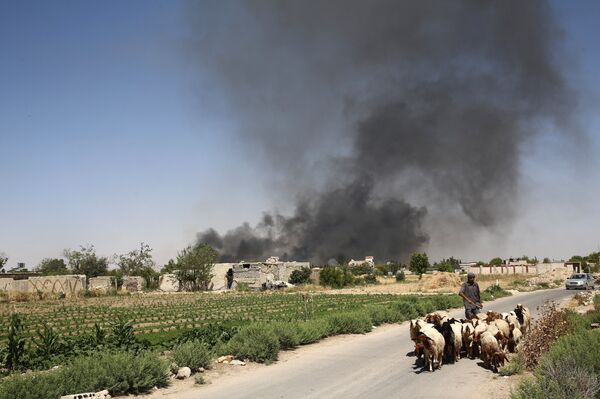
Washington's response to Turkey's incursion undoubtedly upset many Kurdish fighters since they, not Ankara, were instrumental in the US-led anti-Daesh efforts in northern Syria.
"There is ample evidence that the DoD has been in competition with the CIA to find viable partners and that the DoD has been more successful in its relationship with the Kurds and SDF, who are far more effective than the plethora of Syrian rebel groups."
Moreover, the clashes between the Turkish military and the YPG appear to be pointing to Ankara's true goals in this region.
"The risk the United States faces is alienating the Kurds and seeing the SDF salient in Manbij collapse. This will set back US plans to launch a strike on Raqqa and cut off the head of the [Daesh] snake," Frantzman observed.

